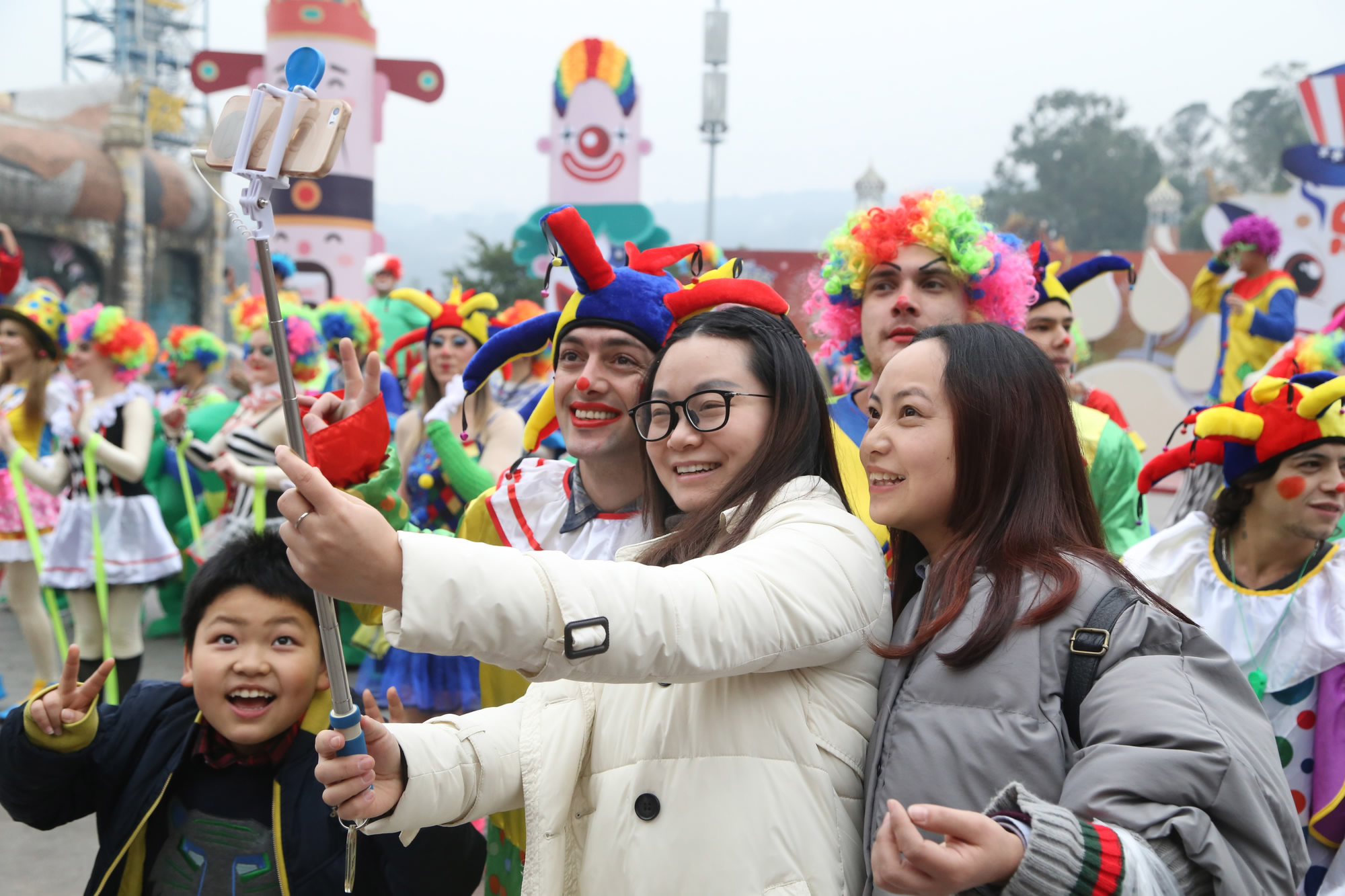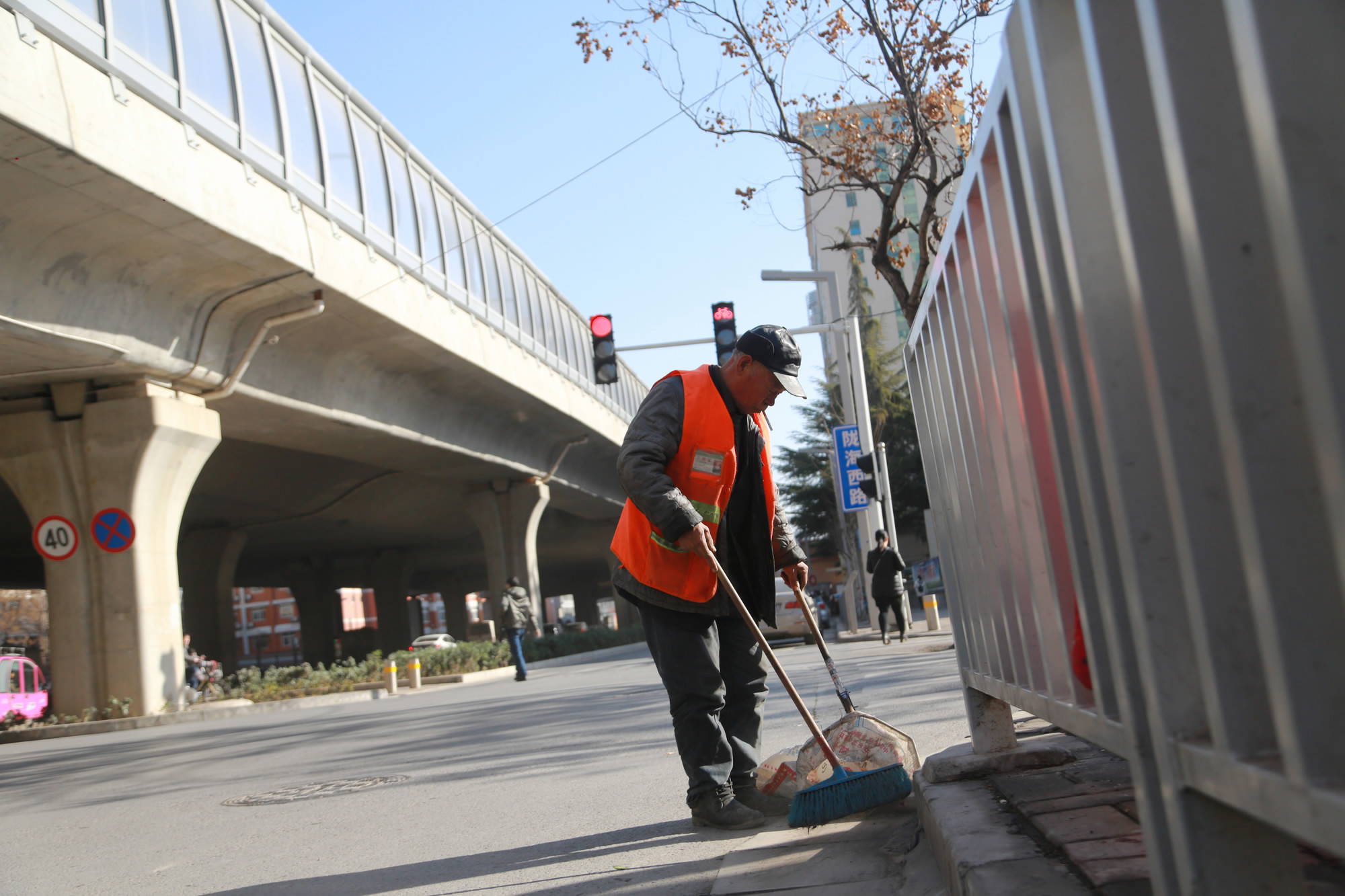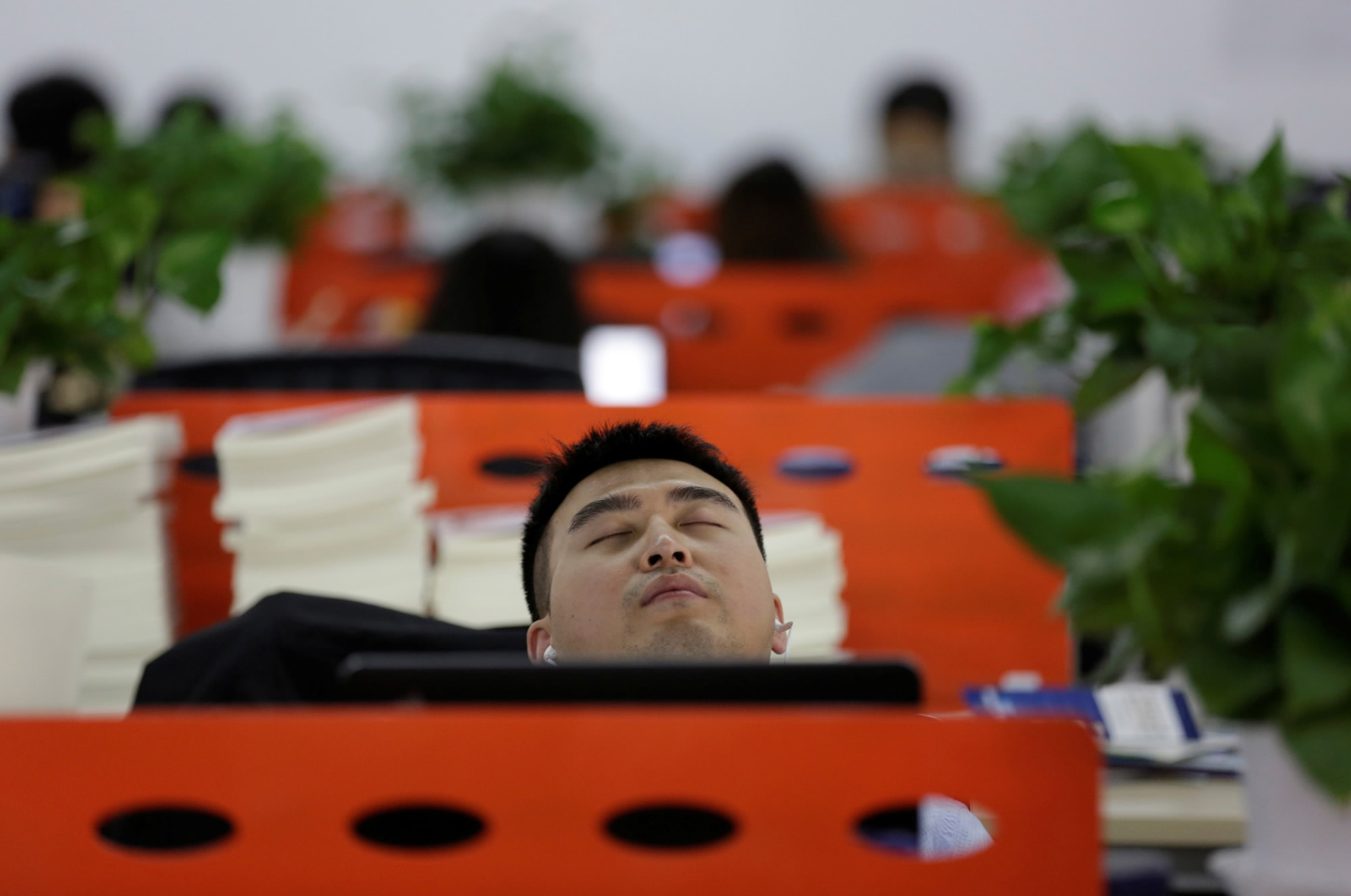
China
18:32, 05-Jan-2017
How can China be happier?
Updated
10:31, 28-Jun-2018

China ranked 83rd out of 157 countries when asked how happy it was last year, according to the UN’s 2016 World Happiness Report.
The ranking placed it behind Brazil, the Philippines and Somalia, but ahead of Nepal, Greece and Portugal. The top three countries were Denmark, Switzerland and Iceland.
The report judged a country’s happiness on six factors: GDP per capita, social support, healthy life expectancy, freedom to make life choices, generosity and freedom from corruption.
Some experts believe the amount of work hours Chinese workers clock in is a reason for the state of China’s well-being. Wang Qi, a researcher at Beijing Normal University, stated that the average Chinese worker put in somewhere between 2,000 and 2,200 hours a year as of 2014, compared to Denmark, which clocked in 1,458 hours in the same time.

A street sweeper cleans up trash in the city of Zhengzhou. /CFP Photo
A street sweeper cleans up trash in the city of Zhengzhou. /CFP Photo
However, Li Chang’an, a labor economist at Beijing’s University of International Business and Economics, highlights that it’s not the amount of working hours that keeps China down. According to Li, the work week for Chinese workers has been getting shorter for the past 30 years, thanks to “improved labor laws, improved productivity and the introduction of two-day weekends.”
Sociologists around China are now pointing to a wider range of issues that may explain people’s lower sense of well-being, from a lack of community involvement to life decisions based solely on economic factors and constantly comparing themselves to their peers.
Tian Feng, a sociologist from the Chinese Academy of Social Science, suggests that the government should do more to invest in improving social programs, such as housing, medical care, education and life after retirement.

Office workers sleeping on the job is a common sight in China, where a surplus of cheap labor can lead to downtime at work. /CFP Photo
Office workers sleeping on the job is a common sight in China, where a surplus of cheap labor can lead to downtime at work. /CFP Photo
Lu Jiehua, a sociologist from Peking University who specializes in population studies, offered the advice that people should just “be themselves, follow their own interests and dreams and enjoy the little things in life.”
Chinese experts also noted that the criteria used to rank a country’s happiness, such as the one used in a Gallup poll in 2012, comes from a Western mindset, and does not take into account Chinese culture and values. So if China plans to improve its happiness, it must do so on its own terms.

SITEMAP
Copyright © 2018 CGTN. Beijing ICP prepared NO.16065310-3
Copyright © 2018 CGTN. Beijing ICP prepared NO.16065310-3